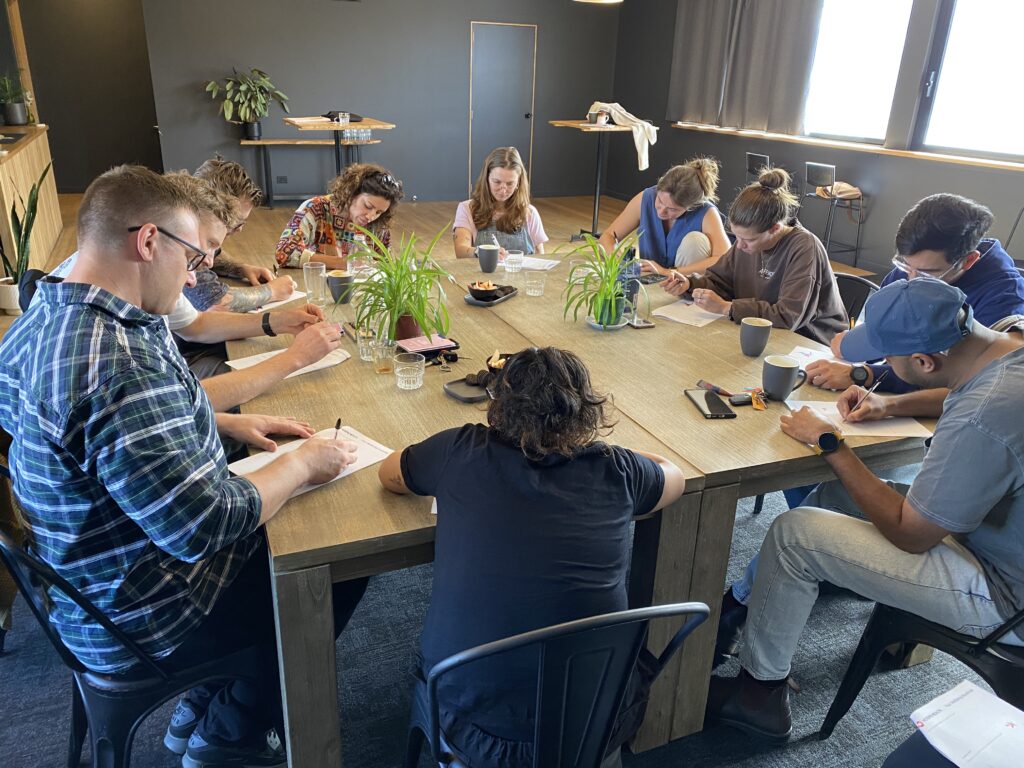The hospitality industry is built on the energy, creativity, and dedication of its people. As we know, it’s an industry that can be demanding and as venue operators, many of us rely heavily on our employees for the success of our business. Occupational wellbeing plays a crucial role in ensuring that our staff feel valued, motivated, and supported in their careers. But what exactly is occupational wellbeing, and why should it matter to your business?
WHAT IS OCCUPATIONAL WELLBEING?
Occupational wellbeing refers to an individual’s satisfaction, growth, and sense of purpose in their work. It encompasses opportunities for personal and professional development, recognition of effort, and a supportive workplace culture.
For the hospitality sector, which often involves long hours, high-pressure situations, and customer-facing roles, focusing on occupational wellbeing is not just a “nice-to-have” – it’s a business imperative that will help attract and return the best staff.
WHY DOES OCCUPATIONAL WELLBEING MATTER TO YOUR BUSINESS?
- Increased job satisfaction: Employees who find meaning and satisfaction in their roles are more engaged, motivated, and productive.
- Enhanced career development: Supporting staff growth fosters a skilled and versatile workforce that’s ready to adapt to industry changes.
- Positive work environment: Prioritising wellbeing creates a more cohesive, connected team culture, which can improve retention and attract top talent.
In a sector where the customer experience is paramount, happy and supported employees translate to better service and stronger business outcomes.
WHAT DOES OCCUPATIONAL WELLBEING LOOK LIKE?
A workplace with strong occupational wellbeing offers:
- Opportunities for career growth: Employees can learn new skills and advance in their careers.
- Recognition of efforts: Hard work and achievements are acknowledged and rewarded.
- Supportive management: Leaders are approachable, responsive, and committed to their team’s success.

SIMPLE ACTIONS TO SUPPORT OCCUPATIONAL WELLBEING
You don’t need a massive overhaul to start making a difference. Here are some actionable steps to improve occupational wellbeing in your business:
- Professional development programs: Provide access to workshops, training, or courses that enhance skills and knowledge.
- Regular performance reviews: Offer constructive feedback and set clear, achievable goals for career progression.
- Foster a culture of recognition: Celebrate successes – big or small – within your team to boost morale.
- Encourage lifelong learning: Support staff in exploring new interests or qualifications that benefit their career and personal growth.
Occupational wellbeing isn’t just about ticking boxes; it’s about creating a workplace where employees feel valued, engaged, and motivated to bring their best selves to work every day. For hospitality businesses, this focus on wellbeing can lead to happier teams, satisfied customers, and long-term business success.
Make sure you look at our Wellbeing Framework, and download the resources to assist you and your business.
* This article is part of our ongoing series on improving workplace wellbeing in Tasmania’s hospitality sector through the adoption of our HOSPO Health Wellbeing Framework.The article was written for and published in Hospitality Review magazine, April/May 2025.

